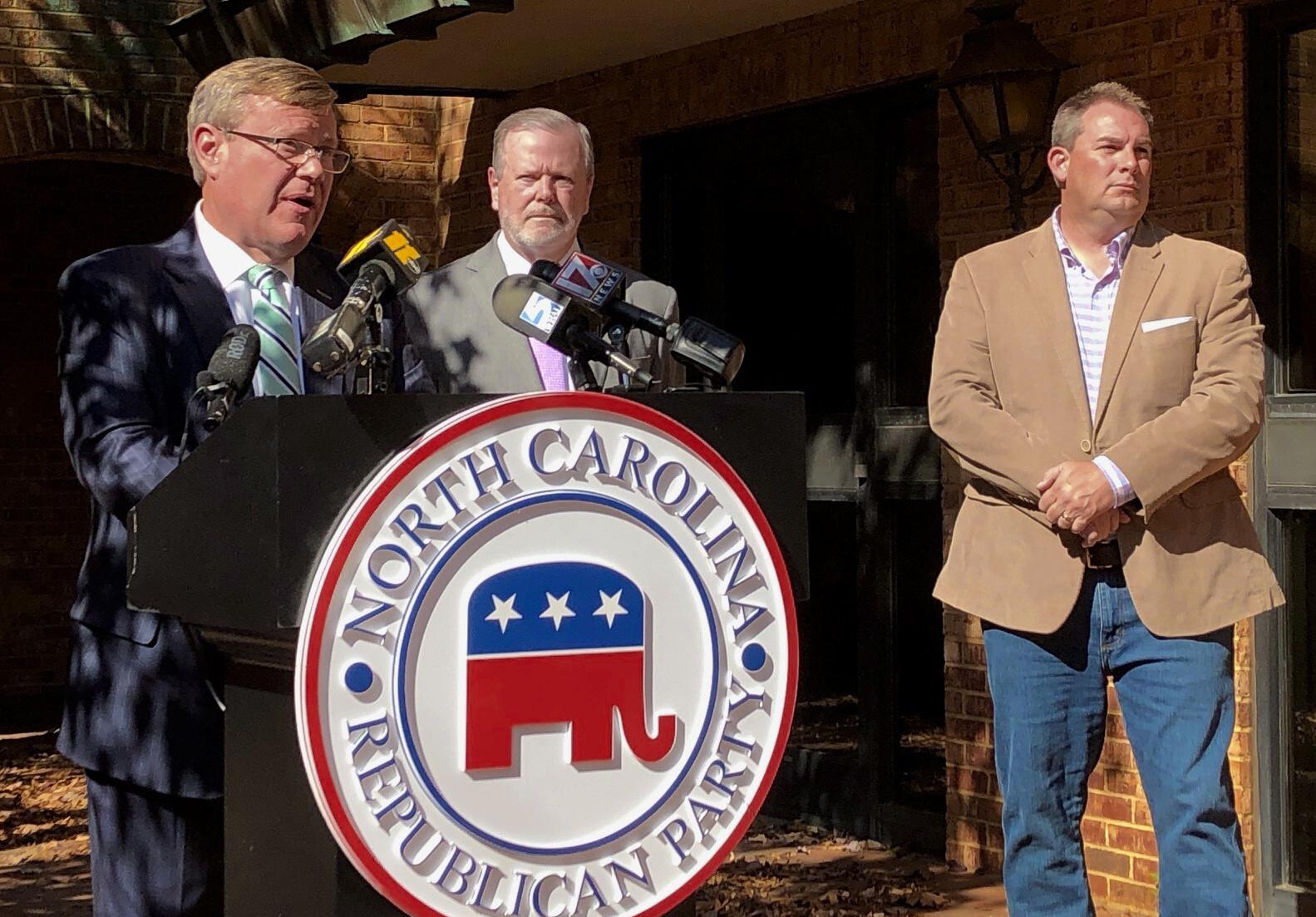NC GOP Introduce 6 Bills Targeting Trans Children; One Removing Governor’s Appointment Power
North Carolina Republicans are continuing to push the state down the path of right-wing extremism after unveiling an array of anti-trans legislation that targets children over the last week and a half.
The goal of the legislation is to put hate and transphobia into our state’s laws to punish those who are different from the straight, almost entirely white males who are writing these bills. The fact that these are focused on kids makes them even more heinous.
Here is a brief look at each bill and its purpose:
- Senate Bill 631 and its House companion bill, HB 574, ban trans students from participating on an athletic team consistent with their gender.
- Senate Bill 636 bans trans and intersex children from participating in athletics at the middle and high school levels.
- Senate Bill 560 restricts gender-affirming care for minors and introduces unnecessary requirements for youth, families, and health care providers.
- Senate Bill 639 outlaws life-saving treatment for trans youth by making it illegal for health professionals to provide gender-affirming care.
- Senate Bill 641 allows medical providers to discriminate in providing health care to trans children.
According to The Washington Post, right-wing extremists across the country have filed more anti-trans legislation in 2022 than at any other point in the history of the United States.
These bills are just another way for state Republicans to ignore the actual problems facing North Carolinians – easy access to firearms and the related gun violence that comes from it, a total lack of adequate funding for public education, low teacher pay that has resulted in teachers quitting and created a lack of incentive for people to become educators, and attempts to restrict reproductive rights.
Republican bill would take away appointment power from Gov. Roy Cooper
North Carolina Republican lawmakers are trying to take away Gov. Roy Cooper’s powers as governor, this time targeting his ability to appoint people to key state boards and commissions, WRAL reported.
Senate Bill 512 takes appointments held by Cooper, a Democrat, and moves them to the General Assembly where Republicans have a supermajority in both chambers.
The legislation impacts nine boards and commissions:
- N.C. Utilities Commission
- Economic Investment Committee
- Environmental Management Commission
- Commission for Public Health
- Board of Transportation
- Coastal Resources Commission
- Wildlife Resources Commission
- N.C. Railroad Board of Directors
- The UNC Health Care Board of Directors
Under SB 512, the governor would only retain some appointments to each board. In many cases, the General Assembly would have the authority to appoint around half of the members to those nine boards and commissions.
Cooper is opposed to these changes.
“This legislation will hurt the state’s efforts for public health, clean water, more commuter rail transportation, and lower electric bills,” Cooper spokeswoman Sam Chan said, according to WRAL. “This is another massive, unconstitutional power grab by Republican legislators who have a track record of right-wing partisan appointees who do not reflect the demographic or political diversity in our state and who often become mired in toxic infighting and controversy.”
It’s possible Republicans in the legislature won’t even pass SB 512 and will instead insert it into the state budget. If they do that, Cooper and Democrats would then face the choice of accepting the changes or risk losing Medicaid expansion, which, despite the governor’s signature on the bill, will only take effect once a new state budget passes.
The bill passed the Senate on April 6 and has been sent to the House.
Feature photo credit: North Carolina House Speaker Tim Moore, left, R-Cleveland, speaks to reporters, with Senate leader Phil Berger, R-Rockingham, and House Majority Leader John Bell, right, R-Wayne, at a news conference on Wednesday, Nov. 4, 2020, at state GOP headquarters in Raleigh, N.C., to discuss Election Day results (AP Photo/Gary D. Robertson).


